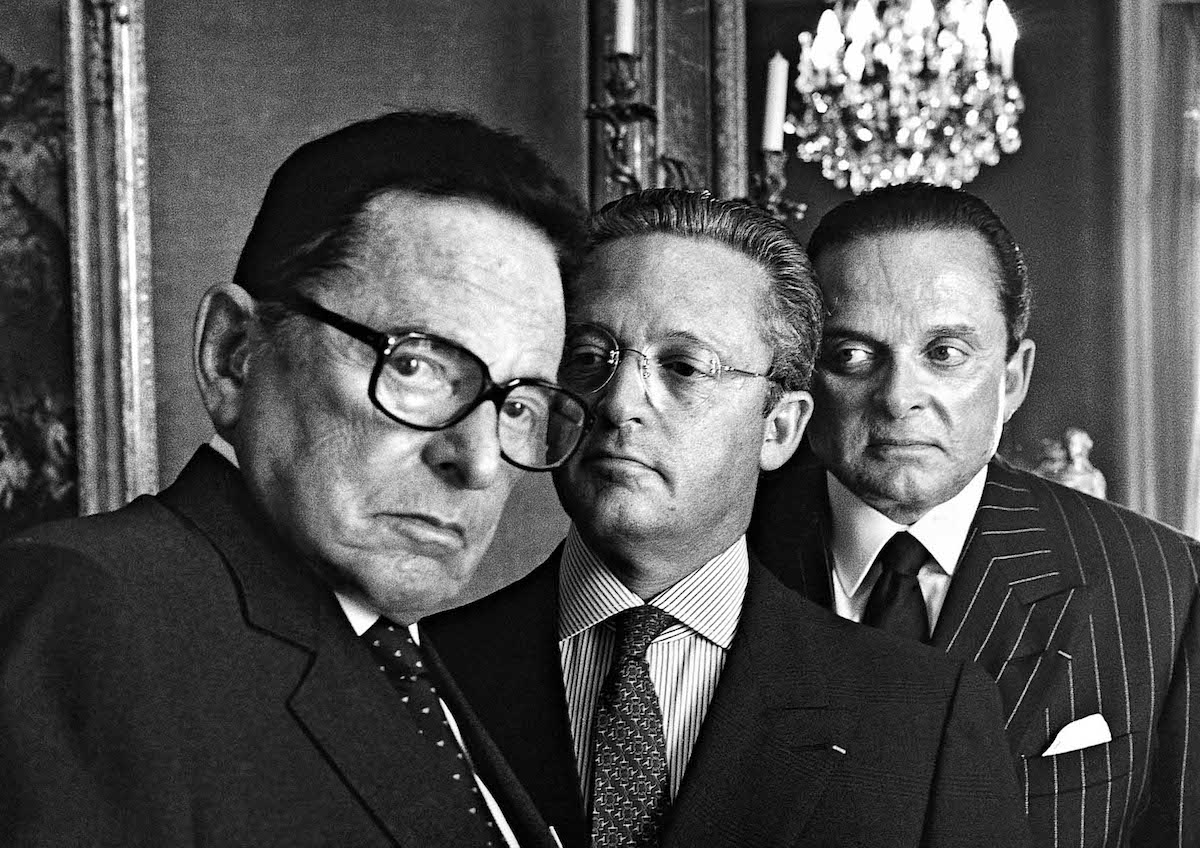Update: French prosecutors have requested a Paris Court of Appeal to fine Guy Wildenstein, €250 million ($263 million) for alleged tax fraud and money laundering. They have recommended that he serve one year in prison if found guilty and pay €500 million in back taxes.
Paris Art Dealer Guy Wildenstein appeared in court for the third time since he was accused of Tax Evasion. In 2016, he was charged with operating “the longest and most sophisticated tax fraud” in France’s history.
Wildenstein’s two lawyers, his nephew, and a former sister-in-law were charged with money laundering and tax evasion. If they lose, they will be forced to pay at least $1 billion in back taxes and fines.
The case goes back decades when his father, Daniel Wildenstein, died. Guy and his brother Alec reported that their father’s estate was worth just €41 million. Still, they failed to mention the family’s interests in the Virgin Islands, Kenya, and other tax havens. Several artworks were also hidden from the authorities when Alec died in 2008. The case is a high-profile legal matter with much public interest for the reclusive Wildenstein family.
Key details of the case are as follows:
Background: The Wildenstein family is known for its vast art collection, which includes works by some of the most renowned artists in history. Daniel Wildenstein, who passed away in 2001, was a central figure in the art world.
Tax Evasion Allegations: The case against Guy Wildenstein primarily revolved around allegations that he and other family members engaged in a complex system of offshore trusts and shell companies to conceal the extent of their wealth and evade taxes, particularly inheritance taxes. It was alleged that they hid billions of dollars’ worth of art and other assets from French tax authorities.
Investigation and Legal Proceedings: The investigation into the Wildenstein family’s financial dealings began in the early 2000s but gained significant momentum in the following years. In 2011, Guy Wildenstein was formally charged with tax fraud and money laundering by French authorities.
Complex Financial Arrangements: The case involved intricate financial structures, including trusts in tax havens and hidden art holdings, making it challenging for investigators to uncover the full extent of the family’s assets.
Verdict and Penalties: In January 2017, Guy Wildenstein was acquitted by a French court of the most serious charges, including money laundering and organised fraud. However, he was found guilty of failing to report assets held in offshore trusts, for which he received a fine. The court ruled that the prosecution had not provided enough evidence to prove intentional tax evasion.
Continuing Legal Battles: The case continued to generate legal battles, including disputes over the family’s assets and taxes. The French authorities sought significant sums in back taxes and penalties, and the Wildenstein family continued to challenge these claims in court.
The Guy Wildenstein tax evasion case garnered significant media attention due to the high-profile nature of the family and the vast art collection involved. While Guy Wildenstein was acquitted of the most serious charges, the case highlighted broader issues related to tax evasion, offshore financial structures, and the complexities of valuing and taxing valuable art collections. It also underscored the challenges that authorities face when investigating and prosecuting cases involving complex financial arrangements and the hiding of assets in offshore accounts.
Photo: (L&R) Daniel, Guy, and Alec, photographed by Helmut Newton in 1999. This article is breaking news therefor fair use of this image applies.

